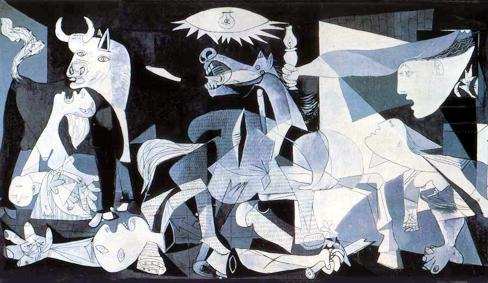The American social commentator and satirist H.L. Mencken once said that nobody has ever lost money by underestimating the intelligence of the great masses of the plain people. This was possibly true at the time but is it still? Surely we’re now living in an era of mass intelligence, an era characterized by the rapid dissemination of information and ideas? An era such as that summed up by Clay Shirky in his new book Cognitive Surplus: Creativity and Generosity in a Connected Age.
For example, not so long ago the Royal Opera House production of Mozart’s Don Giovanni in London was sold out to readers of Britain’s top-selling tabloid newspaper, The Sun. (Headline: Well Don, My Sun). Similarly, museum attendance has gone through the roof. In 1999/2000 there were 24 million museum visits in Britain but in 2007/8 this had risen to 40 million visits. This can be partly attributed to the change to free admission but not wholly because the trend is also evident with fee-paying museums and exhibitions too. In Paris more people visit the Louvre than the Eiffel Tower and the LA Times newspaper has suggested that we are living in a golden age for television drama and even sales of difficult books are booming (or people will buy them even if they never read them).
Other evidence of cultural expansion and mass intelligence includes the success of public lectures and debates, such as those held by the Institute of Ideas and Intelligence Squared, Classic FM (a UK classical music station with a weekly audience of 6 million) and The School of Life, which calls itself a ‘one stop shop for the mind’.
But this expansion of culture is not necessarily reflective of a rise in general intelligence. The reason for the growth in cultural products may just reflect economic growth, population increases or better marketing. Moreover, much of this culture is consumed passively. More people listening to classical music is hardly evidence of a flowering of intelligence. It may simply be linked to demographics. There are now more older people and they would prefer to listen to Mozart than Katy Perry.
Overall there seems to be little evidence for a blossoming of originality of thought. Science and technology are doing great things but where is the great art? We’ve had 9/11, Iraq and Afghanistan so where’s the new Guerinca? The explanation I like for all this is that we are getting smarter and more stupid at the same time. We are getting better at thinking quickly but worse at thinking things through properly. We are getting better at fast and thin but worse at slow and deep. We are getting better at adaptive works but true originality has flown out of the window.

